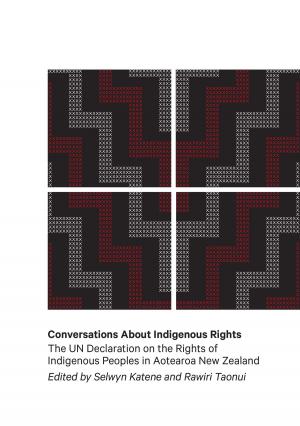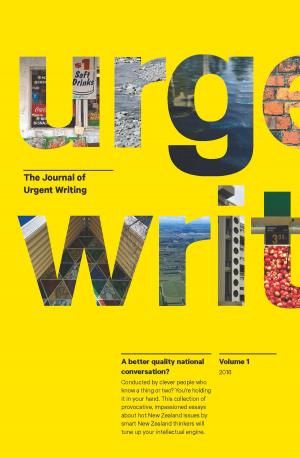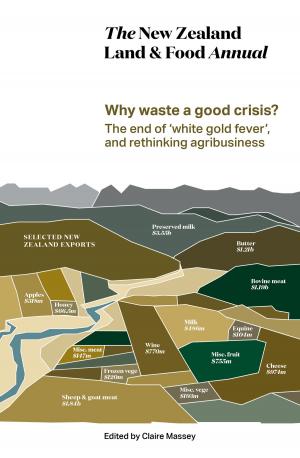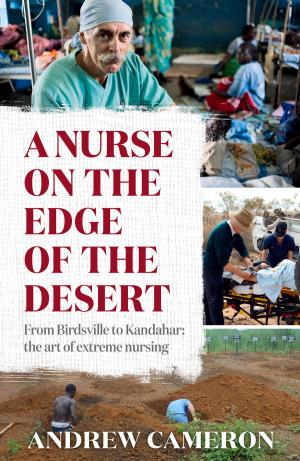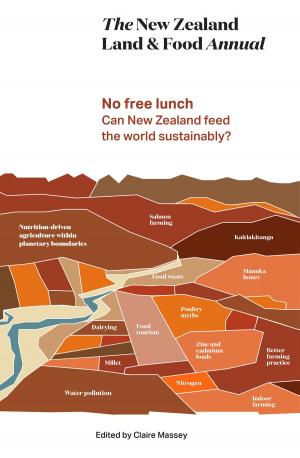Precarity
Uncertain, insecure and unequal lives in Aotearoa New Zealand
Nonfiction, Social & Cultural Studies, Social Science, Sociology| Author: | Bridgette Masters-Awatere | ISBN: | 9780994141521 |
| Publisher: | Massey University Press | Publication: | September 1, 2017 |
| Imprint: | Massey University Press | Language: | English |
| Author: | Bridgette Masters-Awatere |
| ISBN: | 9780994141521 |
| Publisher: | Massey University Press |
| Publication: | September 1, 2017 |
| Imprint: | Massey University Press |
| Language: | English |
Leading UK economist Guy Standing has referred to the precariat as a class-in-the-making. The Precariat are our fellow citizens — be they poor, elderly, disabled, homeless, estranged from their cultural communities, refugees, engaged in casual work — who lead lives of uncertainty, dependency, powerlessness, perilousness and insufficiency. They are the outcome of the gradual dismantling of the welfare state and the withering of union representation. They are also the victims of the changing nature of work. This important book moves beyond the world of labour to identify and illustrate other forms of precarity in New Zealand, including the lack of opportunities for cultural expression and the struggle to be safe. It focuses on New Zealand's emerging class, not to further vilify it but rather to place its members' lived experience in plain sight. As the editors say, ‘It is time that all New Zealanders understood the reality of what many of our citizens endure in the struggle to make ends meet and live dignified lives.'
Leading UK economist Guy Standing has referred to the precariat as a class-in-the-making. The Precariat are our fellow citizens — be they poor, elderly, disabled, homeless, estranged from their cultural communities, refugees, engaged in casual work — who lead lives of uncertainty, dependency, powerlessness, perilousness and insufficiency. They are the outcome of the gradual dismantling of the welfare state and the withering of union representation. They are also the victims of the changing nature of work. This important book moves beyond the world of labour to identify and illustrate other forms of precarity in New Zealand, including the lack of opportunities for cultural expression and the struggle to be safe. It focuses on New Zealand's emerging class, not to further vilify it but rather to place its members' lived experience in plain sight. As the editors say, ‘It is time that all New Zealanders understood the reality of what many of our citizens endure in the struggle to make ends meet and live dignified lives.'

